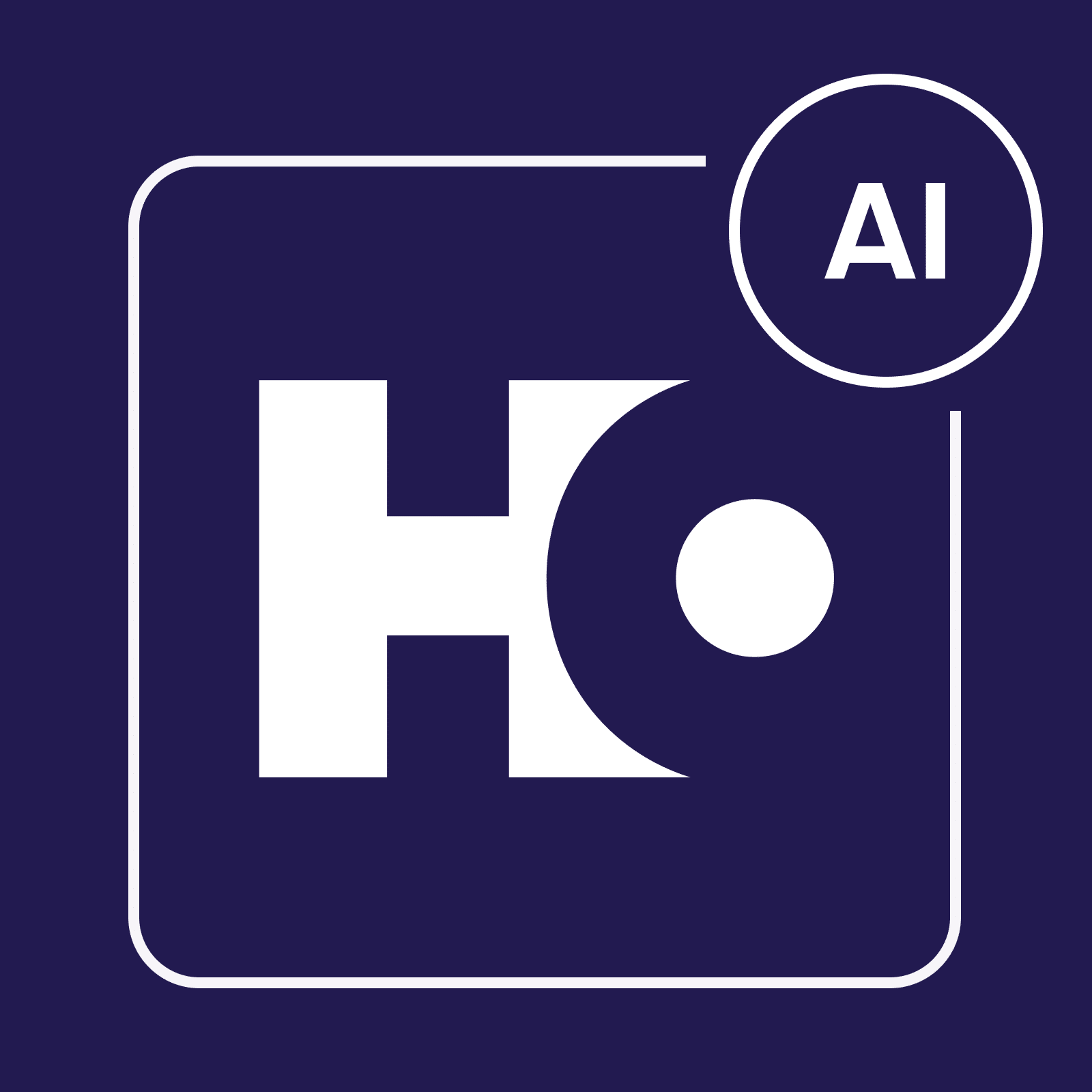Table of Contents
What are the ethical challenges of AI?
Here are some topics to include in this discussion:
- Bias and Discrimination: Ensuring that biased data isn’t in your AI system can help avoid discriminatory outcomes. This is important for criminal justice systems, in addition to hiring and lending.
- Transparency and Explainability: Improving transparency and understanding why AI makes certain decisions is a necessity if we’re going to use the technology extensively.
- Job Displacement and Economic Inequality: AI was designed to help humans rather than replace them, and we must ensure that economic disruption isn’t caused by these tools. Retraining programs should also be discussed if certain jobs are automated.
- Privacy and Security: It’s vital that we know how AI processes personal data and develop frameworks to protect people.
- Autonomy and Responsibility: Knowing who is responsible for AI’s decisions, especially when the technology becomes automated, is necessary.
What are some examples of ethical dilemmas in AI?
Examples to think about include:
- Self-driving cars: How should a self-driving car decide between protecting its passengers and potentially harming someone else, and how do we program this?
- Facial recognition technology and surveillance: Should governments or companies use facial recognition to identify people in public places, and if so, how can this stay compliant with privacy rights and laws?
- AI in healthcare: Should AI algorithms be the sole responsibility for crucial decisions (e.g. organ transplant prioritization), or should a doctor have the final say?
- AI in the workplace: Should employers use AI to monitor employee productivity, and how would you even do this fairly? What are the potential implications (either good or bad)?
These examples highlight some of the many ethical choices that are associated with AI technology, and we should consider all of them before adopting more widespread systems.
Who is responsible for AI ethics?
We often think of companies, developers, governments, and policymakers as being at the forefront of AI ethics. However, the general public also needs to have a say in how we use this technology.
While robust policies need to be implemented, the public should also push for AI’s ethical use as their daily lives (and potentially jobs) will be impacted by it – especially if it’s used unethically.
What are some potential solutions to AI’s ethical challenges?
Potential solutions to think about are:
- Ethical Guidelines and Standards: If we expect developers and companies to use AI ethically, we need clear guidelines; those involved with the technology also need to contribute. Policies and guidelines should involve several areas, including accountability and transparency.
- Research and Education: We can’t understand AI’s negative implications without research, and therefore can’t use it ethically, so it’s vital that we invest in this area. It’s also important that we include education programs around AI; for example, we can consider teaching about it at school and highlighting how unethical AI could impact the world.
- Transparency and Explainability: We must know how AI makes decisions so that we can train LLMs and other technologies more fairly; if we don’t promote transparency, we may risk more biased outcomes.
- Diverse and Inclusive Teams: It’s important that people from different backgrounds work together on AI projects or the negative sides could become more prevalent.
- Diverse and Inclusive Teams: It’s important that people from different backgrounds work together on AI projects or the negative sides could become more prevalent.
- Building Ethical AI Into the Design Process: If we leave ethical AI as a “nice-to-have”, we’re less likely to use the technology more positively; for this reason, it needs to be baked into the full design process. Besides involving stakeholders, it’s also important to continuously evaluate AI systems after they’ve launched.
Are there any existing frameworks or guidelines for AI ethics?
Start by looking at the EU’s Guidelines for Trustworthy AI if you’re based in the EU, EEA, Switzerland, or the UK. The OECD Principles on Artificial Intelligence are also necessary to look at if you’re in any of those countries, or another OECD member nation.
You should also look at the Asilomar AI Principles if you want more of an overview of how to use AI without breaking ethical codes.
How can individuals stay informed about AI ethics issues?
Consider looking at these options:
- Reading articles and books: Look for books and articles written with varying opinions. Examples include The Executive Guide to Artificial Intelligence by Andrew Burgess, and How AI Thinks by Nigel Toon.
- Attending conferences and workshops: Learn from experts and engage in discussions by going to conferences and workshops on AI ethics. Listen out for the latest news on emerging trends and their potential challenges.
- Following experts and organizations on social media: AI ethics experts and organizations are on social media, and you should follow them to receive updates and join conversations; follow people from different viewpoints.
- Engaging in online discussions and forums: Talk about AI with others online. Subreddits, such as r/ArtficialIntelligence, r/Artificial, and r/ChatGPT are some places to start.
- Taking online courses or tutorials: Look for courses on YouTube, Coursera, Skillshare, etc. related to AI. For example, Elements of AI has a free online course in English, Dutch, Portuguese, and other languages.
Conclusion
Even if you’re not a policymaker or developer, you must still consider AI and how to use the technology more ethically. Online courses and tutorials are a starting point, and you should also read the latest news and purchase books on the topic. Educating yourself on guidelines is also necessary before you begin developing AI systems.
Also, consider attending conferences and workshops and looking at how AI impacts your everyday life already. Depending on your position, your responsibilities will change.


